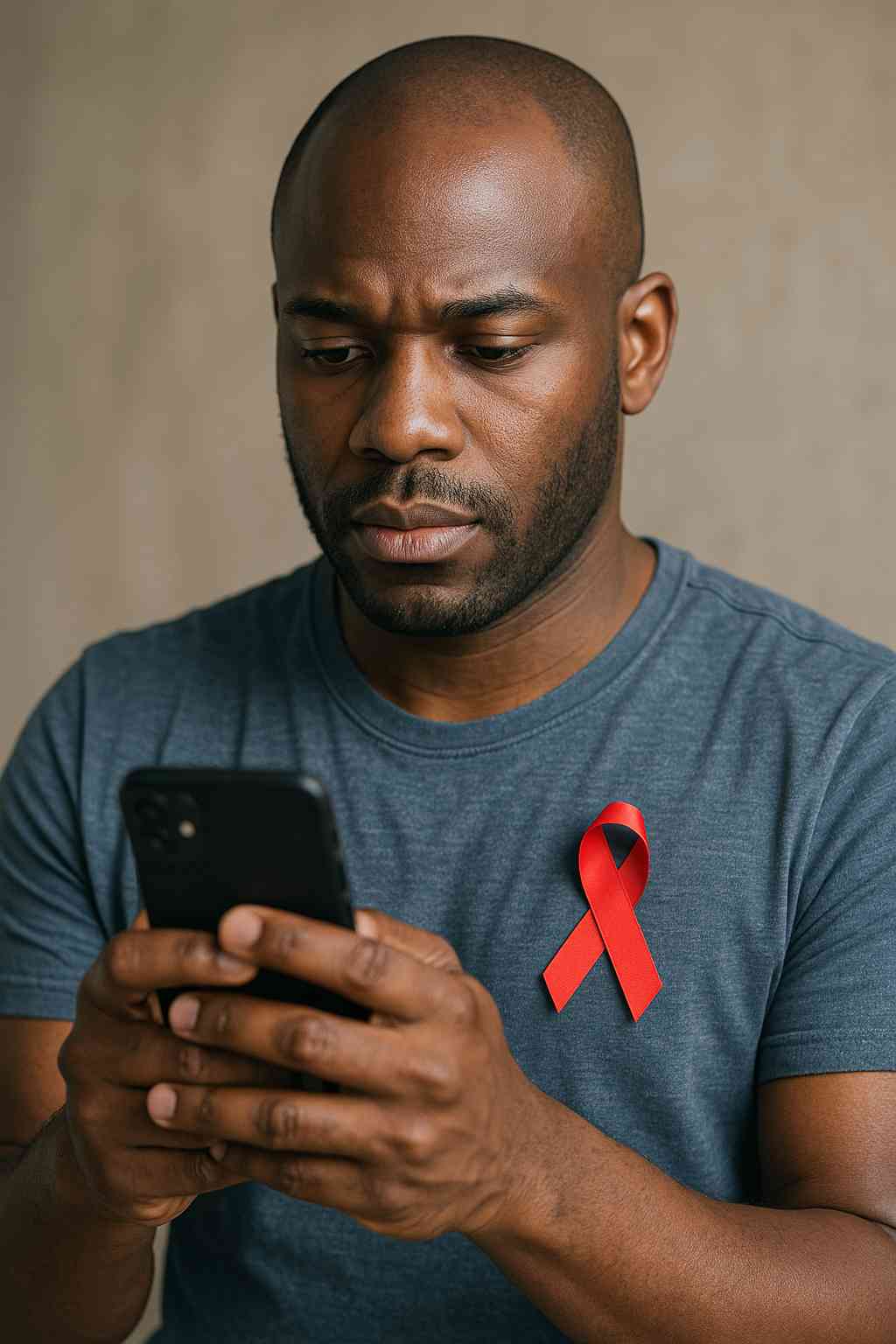Have you ever wondered how personal stories can transform awareness about HIV? HIV influencers are doing just that. These individuals share lived experiences, medical insight, and hope across social media and public forums. In doing so, they empower communities, challenge stigma, and drive meaningful change.
Table of Contents
- Understanding HIV Influencers
- Leading HIV Influencers to Follow
- How They Make a Difference
- Challenges They Face
- Why Their Voices Matter
Understanding HIV Influencers
HIV influencers are individuals—including activists, educators, content creators, and public figures—who use their platforms to educate, support, and advocate for people living with HIV. They often share personal journeys, medical information, and stories of resilience to help others feel seen and informed. Such influencers may range from clinical professionals to everyday advocates with lived experience.
Leading HIV Influencers to Follow
Dr. Matthew Bongani Lani, known on TikTok as “Dr Matthew,” is a clinician and social media voice who openly shares his HIV diagnosis and experiences. He rose to prominence by posting medical advice and breaking stigma through honest storytelling.
Ongina, the Filipino‑American drag performer who first appeared on RuPaul’s Drag Race, was one of the earliest HIV-positive public figures to speak openly about living with HIV. She hosts the web show HIV and Me and has partnered with OraQuick to promote at‑home testing.
Hydeia Broadbent became known in the 1990s as a powerful young HIV activist. Born with HIV, she spoke widely to reduce stigma before sadly passing in 2023. Her life was a testament to resilience and advocacy for Black communities disproportionately affected by HIV.
In South Africa, researcher and UNAIDS Ambassador Quarraisha Abdool Karim leads global HIV prevention work, especially for adolescent girls and young women. She is a celebrated scientist whose influence spans research and activism.
Other influential individuals include Morris Singletary from Atlanta, who hosts the #HIVandMe Facebook Live series to support Black LGBTQ+ men, blending faith and peer education in a powerful way, and Barbara Kemigisa in Uganda, who founded Pill Power Uganda to empower vulnerable youth through art and life‑skills training.
How They Make a Difference
These HIV influencers impact communities through: Education and prevention by sharing medical advice, debunking myths, and raising awareness of HIV testing and treatment. Combating stigma: personal narratives humanize HIV and reduce prejudice, especially in marginalized groups. Mobilizing engagement: social campaigns and live chats direct followers toward services—like LoveYourself Inc’s campaigns, which reached millions through influencer outreach. Peer support: platforms like #HIVandMe offer shared experience, community, and hope in real‑time conversations.
Challenges They Face
Despite their impact, many confront online harassment, medical misinformation, or burnout from sharing deeply personal experiences. They carry the emotional labor of representing broader communities, often without sufficient institutional support. Additionally, resource gaps in regions like rural U.S. South or parts of Africa can limit reach and access.
Why Their Voices Matter
HIV influencers do more than share stories—they drive public dialogue, encourage prevention and testing, and transform fear into empowerment. They bridge the gap between clinical information and lived experience. That’s why platforms like HIV.gov and organizations such as TargetHIV produce influencer series to help refine their reach and effectiveness in public health campaigns.
Conclusion
HIV influencers are reshaping the landscape by using authenticity, accessibility, and advocacy to change perceptions and improve lives. Their voices are not just powerful—they’re necessary in advancing awareness, reducing stigma, and strengthening community support.
FAQ
What is an HIV influencer?
An HIV influencer is someone who shares information or personal stories about HIV across social media or public forums to educate, advocate, or support others.
Why follow HIV influencers?
They offer real-life perspectives, guidance on prevention and care, and foster supportive communities that lift people up.
How can I support them?
You can engage with their content, amplify their messages, donate or volunteer with their campaigns, and share accurate HIV information in your own networks.
Do influencers replace medical advice?
No—while they offer valuable lived experience and information, they don’t replace professional medical guidance. Always consult a healthcare provider for diagnosis or treatment.
Are influencers from global communities included?
Yes—HIV influencers span continents, from South Africa’s Dr Matthew and Quarraisha Abdool Karim to Uganda’s Barbara Kemigisa, addressing diverse challenges and stigma in their regions.
This content is not medical advice. For any health issues, always consult a healthcare professional. In an emergency, call 911 or your local emergency services.




